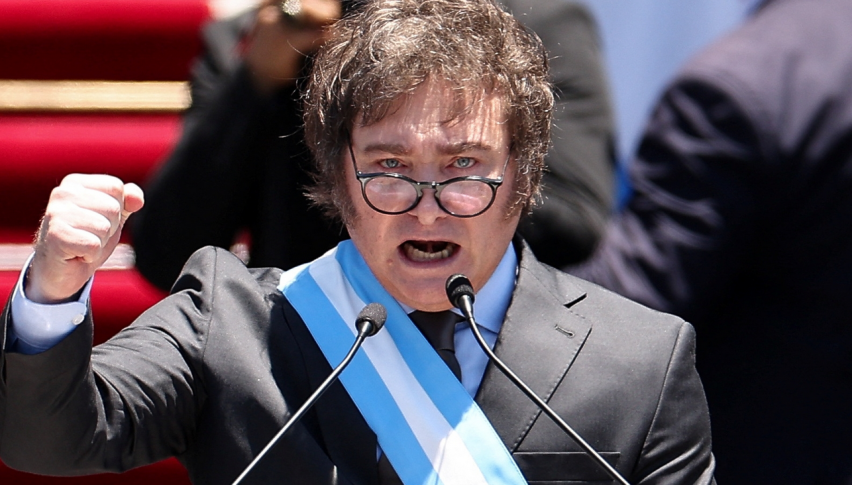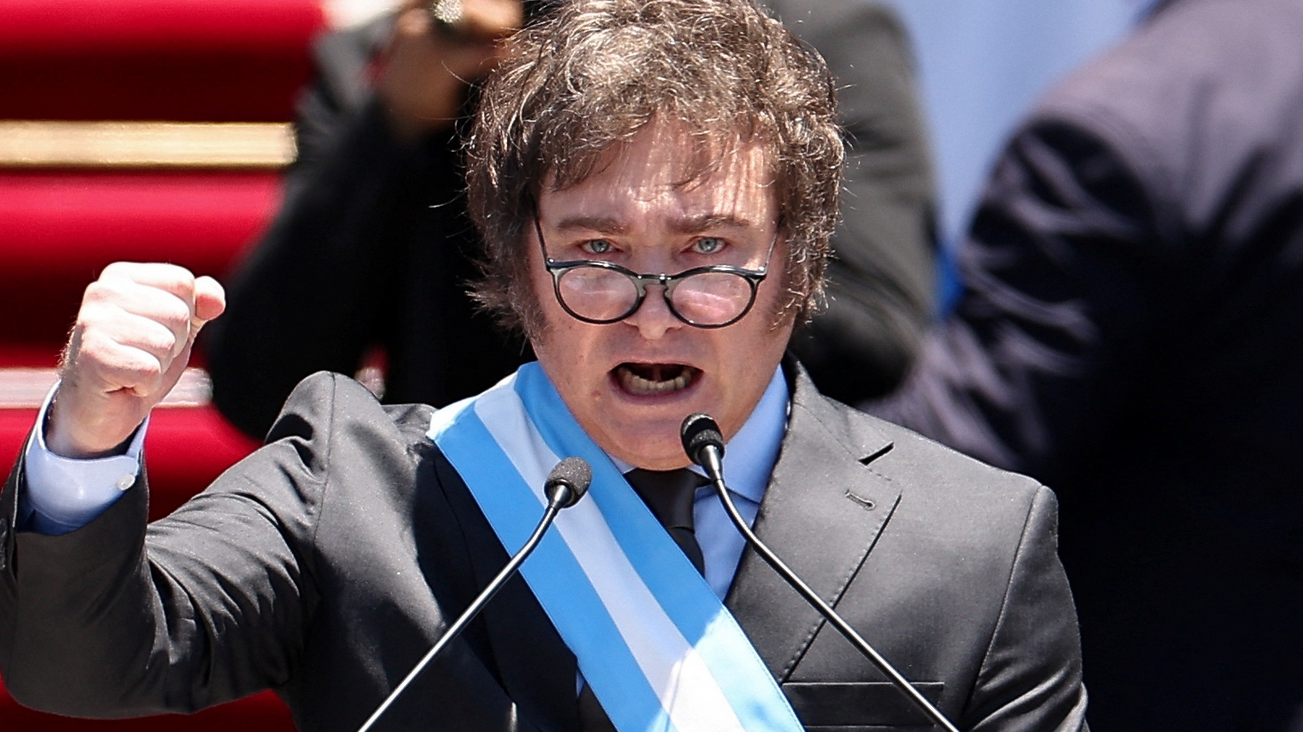Thousands of Argentines defy Milei’s austerity measures with massive university march.
The accumulated inflation of the quarter caused the real value to decrease by between 60% and 70%.

On Monday, the President was celebrating the economic achievements of his short administration, but the harsh cuts in public education led to around 500,000 people taking to the streets on Tuesday afternoon, demanding better salaries and more budget.

What was a reason for celebration for the government of Javier Milei in Argentina on Monday, became one of the toughest challenges for the Executive on Tuesday: hundreds of thousands of citizens took to the streets of Buenos Aires – and other cities across the country – to criticize the severe budget cuts that have been carried out under the banner of eliminating the public deficit, and which have been particularly felt in public university education.
The massive march – which the University of Buenos Aires (UBA) estimated to be around 500,000 people in the afternoon – has been the largest popular demonstration in the four months of the government, and it is estimated that it could become the spearhead of a popular discontent that would pressure the plans of the libertarian in his crusade to rebuild the complicated local economy.
From the sector, they denounce that this year’s budget is considerably lower than that of 2023, because although the amount was maintained, the accumulated inflation of the quarter caused the real value to decrease by between 60% and 70%.
On the government side, there are accusations of mismanagement of funds by universities and indoctrination in some faculties and public institutions.
However, the effect on the sector is tangible, and experts indicate that there could be a snowball effect, considering that public and free university education is one of the most recognized institutions among Argentines.
In an attempt to limit the scope of the protest – which was replicated in other cities – government spokesperson Manuel Adorni assured that “the budgetary issue is settled” with these establishments, referring to the transfer of over 10 billion Argentine pesos (US$ 12 million) from the Ministry of Human Capital for operating expenses, which translates into a 70% increase in the amount.
However, according to the Civil Association for Equality and Justice, this allocation represents only 7.9% of the total budget for public institutions and would not be enough to address the crisis.
In that line, the rector of the University of Buenos Aires said that if these cuts continue, they would have to stop operating, which would affect more than 300,000 students directly.
- Check out our free forex signals
- Follow the top economic events on FX Leaders economic calendar
- Trade better, discover more Forex Trading Strategies
- Open a FREE Trading Account


